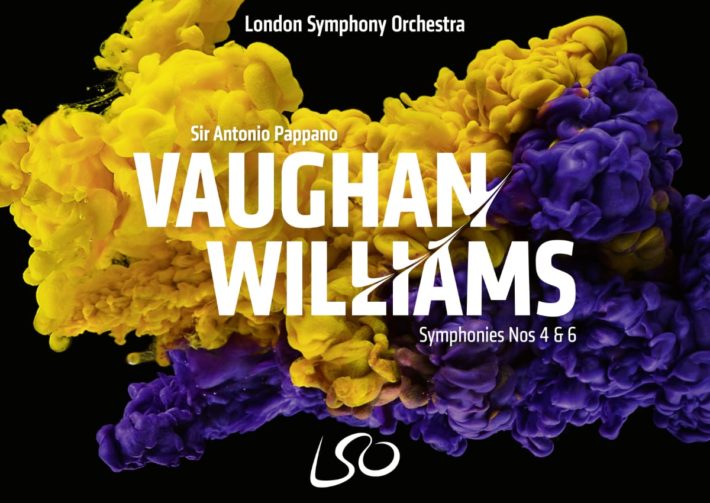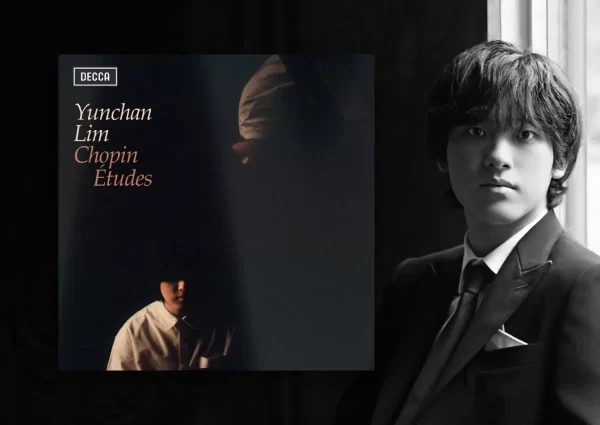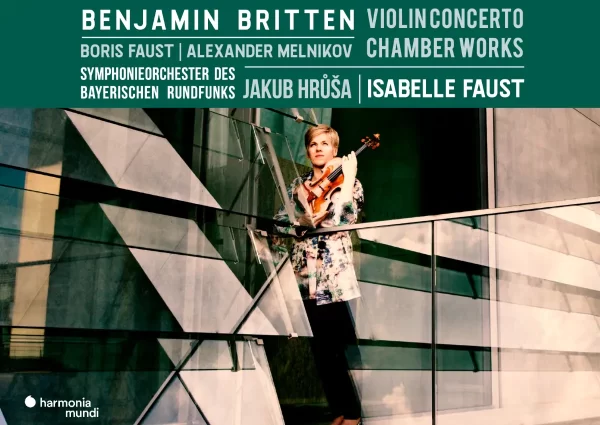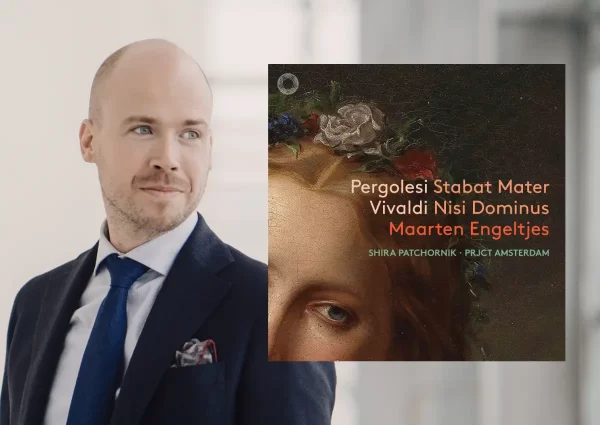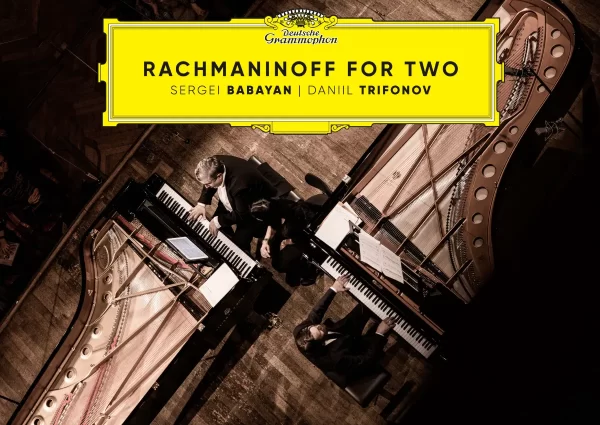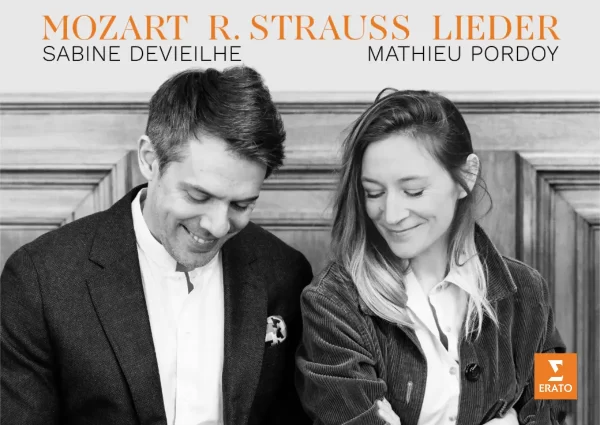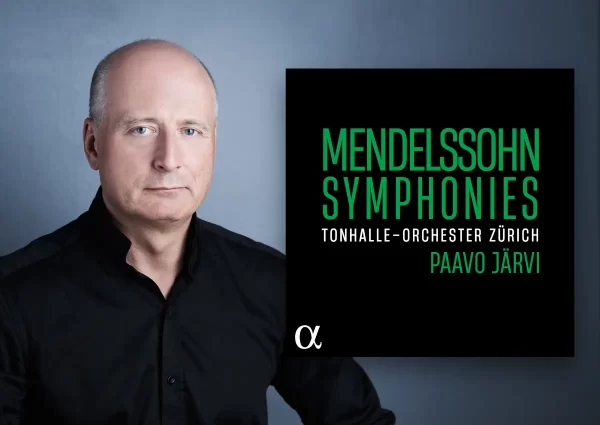Ralph Vaughan Williams’ 4th symphony must have come like a bolt from the blue to its initial audiences. Dispensing with the themes and scenes of British life, the work is dedicated to another great undervalued symphonist of the period — Sir Arnold Bax. More traditional in layout than its predecessors, it’s four movements are more classically structured. Pairing the fourth symphony with the equally dark and foreboding 6th, Pappano conducts the London Symphony Orchestra in live recordings made in the orchestra’s home, the Barbican Concert Hall, London.
Pappano clearly understands the violence, horror and aggression in the 4th — a work of the inter-war years in 1935. The orchestral tones and colors are dark and sinister; Always sounding full and rounded, the brutal energy of the opening Allegro is superbly executed, sounding vivid and strong. Pappano’s tempo choices mirror Handley at the Royal Liverpool Philharmonic Orchestra, but the emotional impact is much stronger. Sir Mark Elder with the Hallé is edgier, but Pappano is slightly riskier and marginally more exciting.
Pappano achieves greater impact in the first movement by bringing a slightly more astringent string tone and punchier, bolder brass with greater rise and fall. The emotional projection of the opening movement is unapologetic with its dramatically dark brutality. Whereas Handley brings a more pastoral tone in the slow second movement, Pappano finds something chillier, with a more exaggerated — but highly effective, approach to phrasing. Pappano emphasises the Shostakovich-like textures with brass standing prouder and more prominent, woodwind starker and strings cold. The scherzo, with its William Walton-like buoyancy, has an impetus and clearly more defined ambience. The final ‘fugato’ is less gentile than Handley, its motivic material treated more harshly. Pappano is hard-edge, hard-hitting and vivacious in driving the movement (and indeed, the symphony as a whole) with unforgiving and uncompromising performance.
Related Classical Music Reviews
- Review: Finzi – Clarinet Concerto – Vaughan Williams – Symphony No. 5 – Collins
- Review: Nielsen, Ibert, Arnold – Flute Concertos – Clara Andrada
- Review: “Whither Must I Wander” – Will Liverman, Baritone
The 6th symphony is very much the companion to the 4th. Premiered in 1947, this post-war work is equally as austere and succinct, yet somewhat denser. Again, it is more classically casted, but the movements flow without a break. Like the fourth, Pappano differentiates the layers of sound distinctively, celebrating the different hues in the brass and especially the strings. The phrasing has the same peaks, with greater gradations than Handley, Davis or Elder. Pappano has a clear understanding of the work’s structure, as the motivic materials have a greater distinction and clarity when they reappear.
Throughout the album, the endurance of the orchestra to realise Pappano’s vision is impressive. They seemingly give him everything he commands with complete unity — there is no ambiguity in these carefully considered performances. In the more pastoral moments, Pappano doesn’t bring the same lyricism as many of his famed Vaughan Williams ‘specialists’, but What he does bring is a freshness and a tenacity which is entirely faithful to the communicativeness of these two symphonies. Elder’s pairing of these works are an interesting comparison, while highly impressive, Pappano is more distinctive, making this a compelling listening.
The recording quality is one of the best to be found on the LSO Live label. The engineers have been able to create some ambience and resonance around the orchestra, in the rather dry, boxy acoustic of the hall. The booklet notes are informative and well-written, with a welcoming note from Pappano, which complements this recommended release.

Vaughan Williams – Symphonies No. 4 & 6
London Symphony Orchestra
Antonio Pappano – Conductor
LSO Live, hybrid SACD LSO0867
Recommended Comparisons
Read more classical music reviews or visit The Classic Review Amazon store
Follow Us and Comment:
Get our periodic classical music newsletter with our recent reviews, news and beginners guides.
We respect your privacy.

